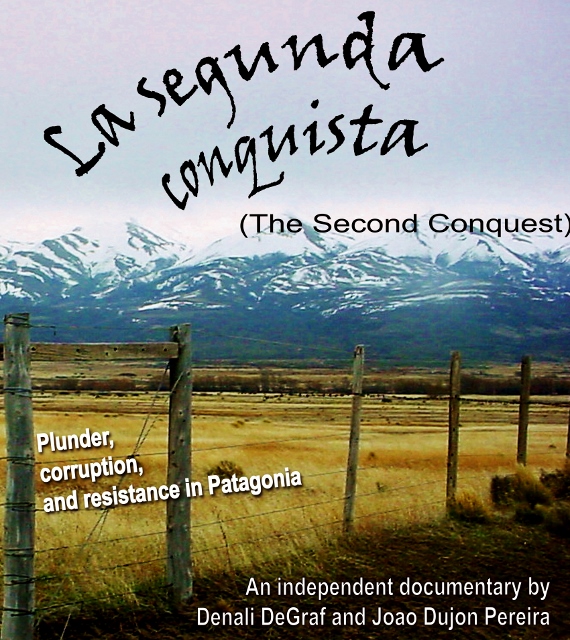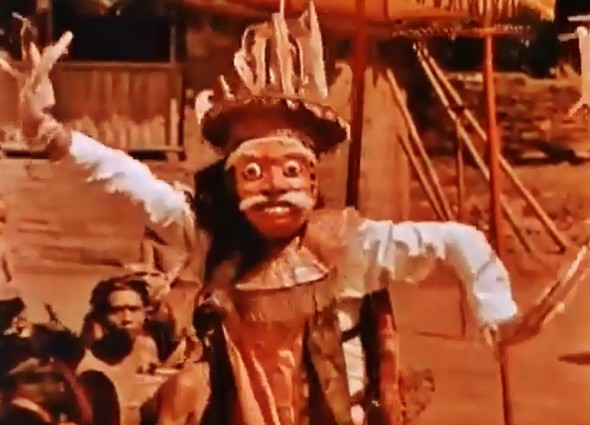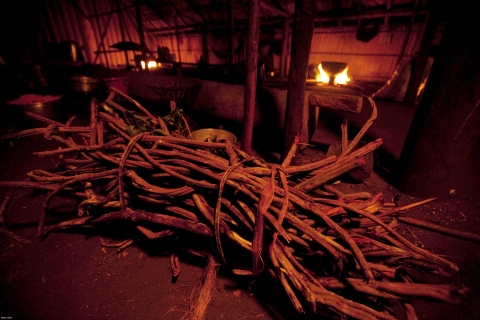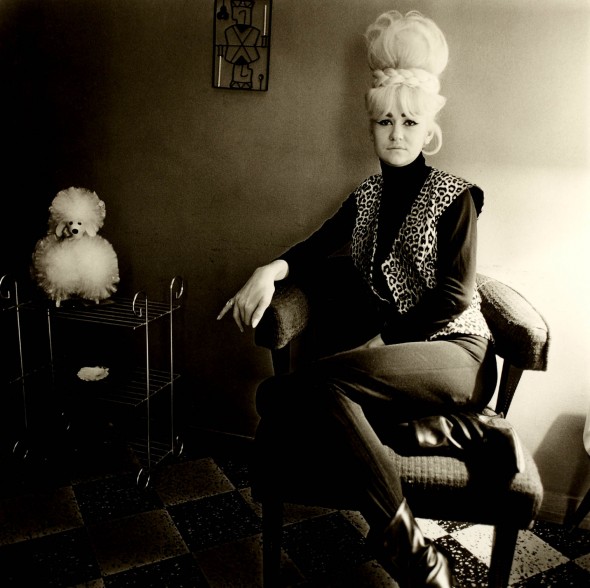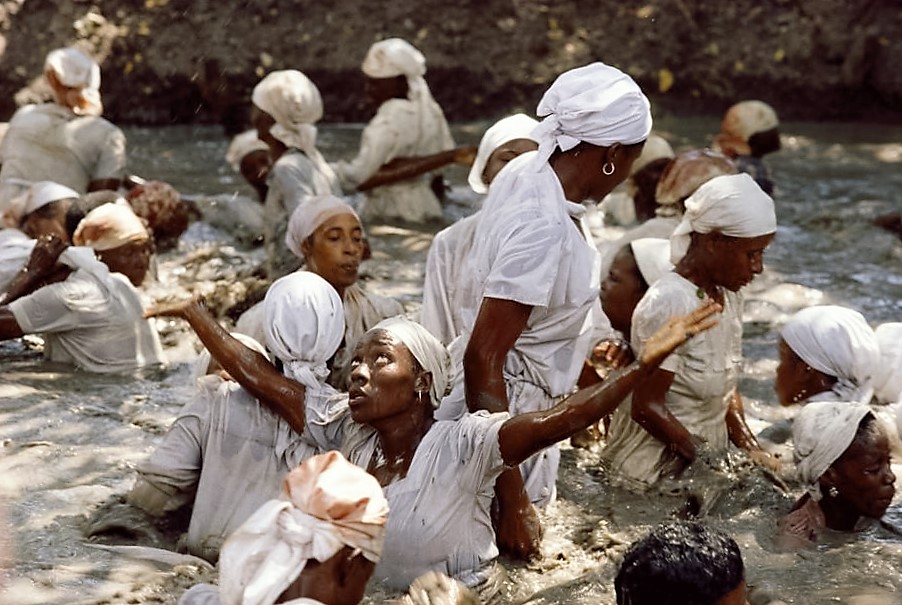Documentary film on indigenous communities in Chubut province in Patagonia, Argentina, their struggle over land rights and the threats from mining its mineral wealth, cutting its trees and development by other multinational interests.
Tag: documentary
Legong Film: Balinese Dream Dance of Nymphs in Heaven
Film and music of shimmering yet jarring beauty play together on a South Seas beach in “Legong: Dance of the Virgins.” It’s a rarely screened 1935 silent movie, shot entirely in Bali with a Balinese cast, mixed with a new score by Club Foot Orchestra and Gamelan Sekar Jaya. Presented in a crude but rich two-strip early Technicolor process, one of the last silent films made by Hollywood, it depicts Bali as Westerners idealized it at the time.
Ayahuasca: Fake Shamans and The Divine Vine of Immortality
Every day, more and more tourists arrive in Iquitos, Peru, seeking spiritual enlightenment or a psychedelic experience first made popular by William Burroughs and the Beatniks in the 1960s. Unfortunately, some well-paid “shamans” lack the experience or understanding of the powerful and sacred botanical brews used for thousands of years for healing and divination. And the gringos-on-holiday often get over their heads in the wilds of the Amazon.
Sharkwater: Sea Shepherd Battles Shark-fin Poachers in the Pacific
Rob Stewart’s beautifully shot documentary “Sharkwater,” set in the Galapagos and Isla del Coco of the Pacific Ocean, refutes those who vilify the shark as a killer of humans, insisting they do not wish to eat us. He also films Sea Shepherd Captain Paul Watson’s attack on the Costa Rican shark fin poachers, which has led to international charges for the famous defender of the sea.
Diane Arbus: A Privileged Voyeur of Life on the Margins
It’s been almost five decades since the troubled US photographer took her own life, but her images continue to reveal the camera’s predatory nature. Watch a documentary made in 1972 that examines her photography and her methods.
Henry Miller’s Free Association into the Surreal
In 1934, Henry Miller, then aged forty-two and living in Paris, published his first book. In 1961, finally distributed in his native land the book promptly became a best-seller and a cause célèbre. By now, the “controversies” dominate his legacy, including issues of censorship, obscenity, misogyny and anti-Semitism, clouding the import of Henry Miller’s words. “Tropic of Cancer” broke literary ground, mixing novelistic forms with autobiography, social criticism, philosophical reflection, and surrealist free association.
Haitian Vodou: Summoning the Spirits
Like several West African religions, Vodouisants believe in a supreme being called Bondyè, from bon “good” + dyè “God.” Because Bondyè is unreachable, Vodouisants aim their prayers to lesser entities, the spirits known as Lwa (Loa), contacted and served through possession. In turn, the Lwa confer material blessings, physical well-being, protection, abundance.

